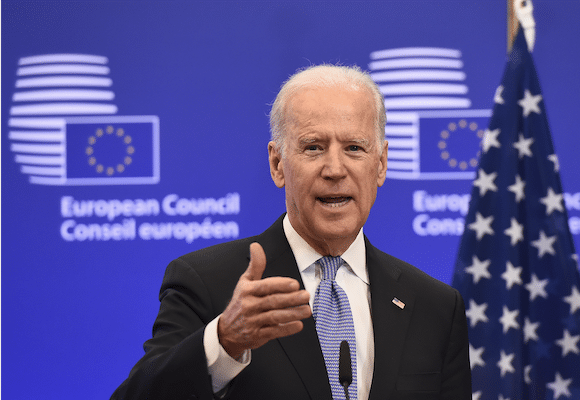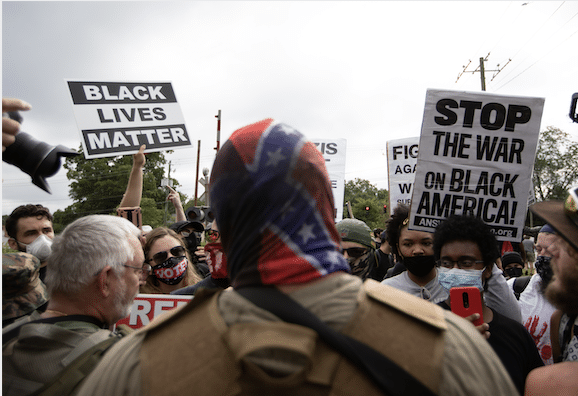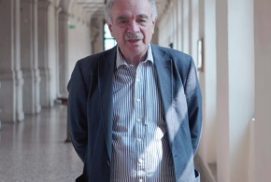Videos
United States
- 11 January 2021This video is a recording of the 3rd panel of the conference “The Divided Society After November 3rd” held on the 23rd and 24th of November 2020 in collaboration with the Centro Studi Americani and the Italian Academy at Columbia University. In contemporary democracies, conflict over the correct policy responses to everything from the Covid-19 pandemic, economic inequality, and ethnic diversity continues unabated. In the United States in particular, this conflict has sown profound divisions between the actors of the staunch two-party system, which are not only political but have taken on a distinctly cultural hue. As the 2020 presidential election results and recent events have clearly illustrated, this divide is deeply entrenched in the political landscape and does not show signs of easing.
- 11 January 2021This video is a recording of the 2nd panel of the conference “The Divided Society After November 3rd” held on the 23rd and 24th of November 2020 in collaboration with the Centro Studi Americani and the Italian Academy at Columbia University. In contemporary democracies, conflict over the correct policy responses to everything from the Covid-19 pandemic, economic inequality, and ethnic diversity continues unabated. In the United States in particular, this conflict has sown profound divisions between the actors of the staunch two-party system, which are not only political but have taken on a distinctly cultural hue. As the 2020 presidential election results and recent events have clearly illustrated, this divide is deeply entrenched in the political landscape and does not show signs of easing.
- 11 January 2021This video is a recording of the 1st panel of the conference “The Divided Society After November 3rd” held on the 23rd and 24th of November 2020 in collaboration with the Centro Studi Americani and the Italian Academy at Columbia University. In contemporary democracies, conflict over the correct policy responses to everything from the Covid-19 pandemic, economic inequality, and ethnic diversity continues unabated. In the United States in particular, this conflict has sown profound divisions between the actors of the staunch two-party system, which are not only political but have taken on a distinctly cultural hue. As the 2020 presidential election results and recent events have clearly illustrated, this divide is deeply entrenched in the political landscape and does not show signs of easing.
- Michel Wieviorka 5 May 2020Populism is not really a concept and the recent wave all over the world should be called maybe “neopopulism”. Neopopulism is not in itself extremism, nationalism, radicalization. But due to its mythical structure, it may lead to these phenomena.
- Alan Patten 5 February 2020Populist claim that traditional cultures today are under threat. There are three cases were majority rights claims are plausible as a principle of liberal democracy, says Alan Patten.
- Sheri Berman 8 January 2020In the late 20th century most of the center-left parties in the West moved to the center on economic questions that opened up the way for new parties: populist right-wing parties and green parties that robbed the left of its distinctive historical role and profile.
- Yael Tamir 3 December 2019The reemergence of nationalism is a sensible response to the changing social, political and economic circumstances rather than an uncontrolled outburst of destructive human qualities. The less well-off revoke national feelings in order to convince the elites to come back home from their global voyage and put their nation first. How can we progressive liberals combine national and liberal ideas able to give answers to those vulnerable left behind by globalization?
- Patrick Deneen 18 November 2019For all its benefits, why is liberalism failing, and making so many people unhappy, asks Patrick Deneen? Liberalism failed because it has succeeded. Its liberation of the individual coincides with a sense of political and economic powerlessness for ordinary citizens.
- Jon Elster 11 November 2019Globalization has generated a real and a felt threat of poverty, insecurity and inequality. But there are both winners and losers.










